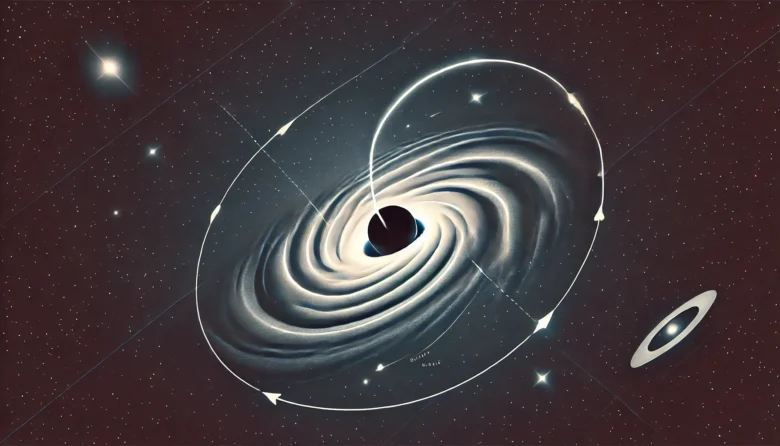Did you know that some of the most powerful space telescopes on Earth can’t function properly if there’s too much light around? That’s right—astronomers need pitch-black skies to see the universe clearly. In fact, the clearer and darker the sky, the better our view of distant galaxies, stars, and even black holes. This is why …
Did you know? The Large Hadron Collider (LHC) at CERN (European Organization for Nuclear Research) holds the title of the most powerful particle accelerator on Earth, capable of propelling particles to nearly the speed of light before colliding them! Imagine a machine so powerful that it can recreate the conditions that existed just moments after …
Fun Fact: The first lab-grown burger was created in 2013 and cost $330,000 to produce! Today, smart proteins are becoming a more affordable and sustainable reality. Imagine a world where you could enjoy a juicy burger or a protein-rich meal without harming the environment. Sounds futuristic? Well, India is taking a significant step toward this …
Fun Fact: The SARS-CoV-2 virus, responsible for COVID-19, is the most sequenced virus in history, with over 17 million genome sequences recorded! The COVID-19 pandemic had a profound global impact, but did you know it also transformed the field of virology? Scientists have learned more about viruses in the past five years than in decades …
More than 8,000 years ago, during the Mesolithic (~10,000 BCE to 8,000 BCE) and Neolithic periods of the Stone Age (~8,000 BCE to around 3,000 BCE), early humans might have used wooden canoes to travel across the Mediterranean, navigating by sight from island to island. This means that they were capable of organized sea voyages …
Fun Fact: The Yarrabubba crater in Western Australia was considered Earth’s oldest impact crater at 2.23 billion years old—until scientists discovered a much older one, dating back 3.47 billion years! Imagine a time when Earth was still young, its surface constantly bombarded by space rocks. Now, scientists have discovered what might be the oldest known …
Did you know that gravity can bend light like a giant cosmic magnifying glass? This mind-boggling phenomenon, known as an Einstein Ring, is a spectacular example of how the universe plays tricks on our eyes. Recently, the European Space Agency (ESA) unveiled a stunning image of an Einstein Ring captured by its Euclid space telescope, …
Fun Fact: Every day, Earth is bombarded with over 100 tons of space dust and small meteoroids, but most burn up harmlessly in our atmosphere! Asteroids have been a threat to Earth since the dawn of our planet. While small ones disintegrate upon entry, larger asteroids could cause catastrophic damage. Scientists and space agencies worldwide …
Fun Fact: The energy produced by just one gram of fusion fuel is equivalent to burning eight tons of coal! Clean energy is the need of the hour, and Pacific Fusion is leading the charge in revolutionizing sustainable power. The startup, spearheaded by geneticist Eric Lander, is working towards making fusion energy commercially viable. Fusion …
Imagine a planet where diamonds aren’t hidden treasures buried beneath the surface but potentially cover the entire landscape. Sounds like the stuff of science fiction, doesn’t it? Introducing 55 Cancri e, a stunning exoplanet situated approximately 40 light-years from Earth in the constellation Cancer. Dubbed the “Diamond Planet,” this celestial body challenges our understanding of …










